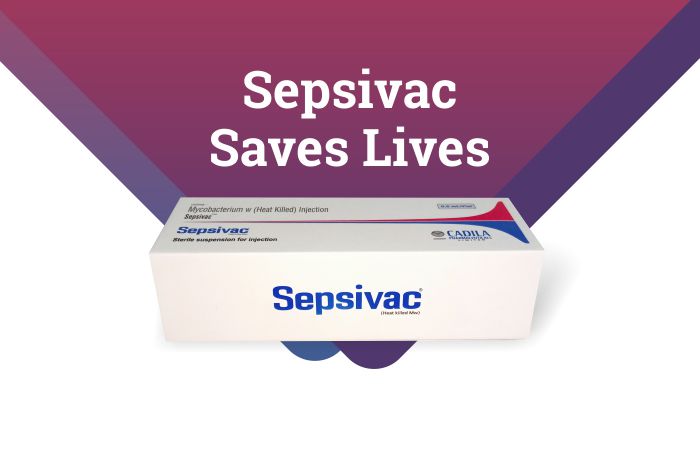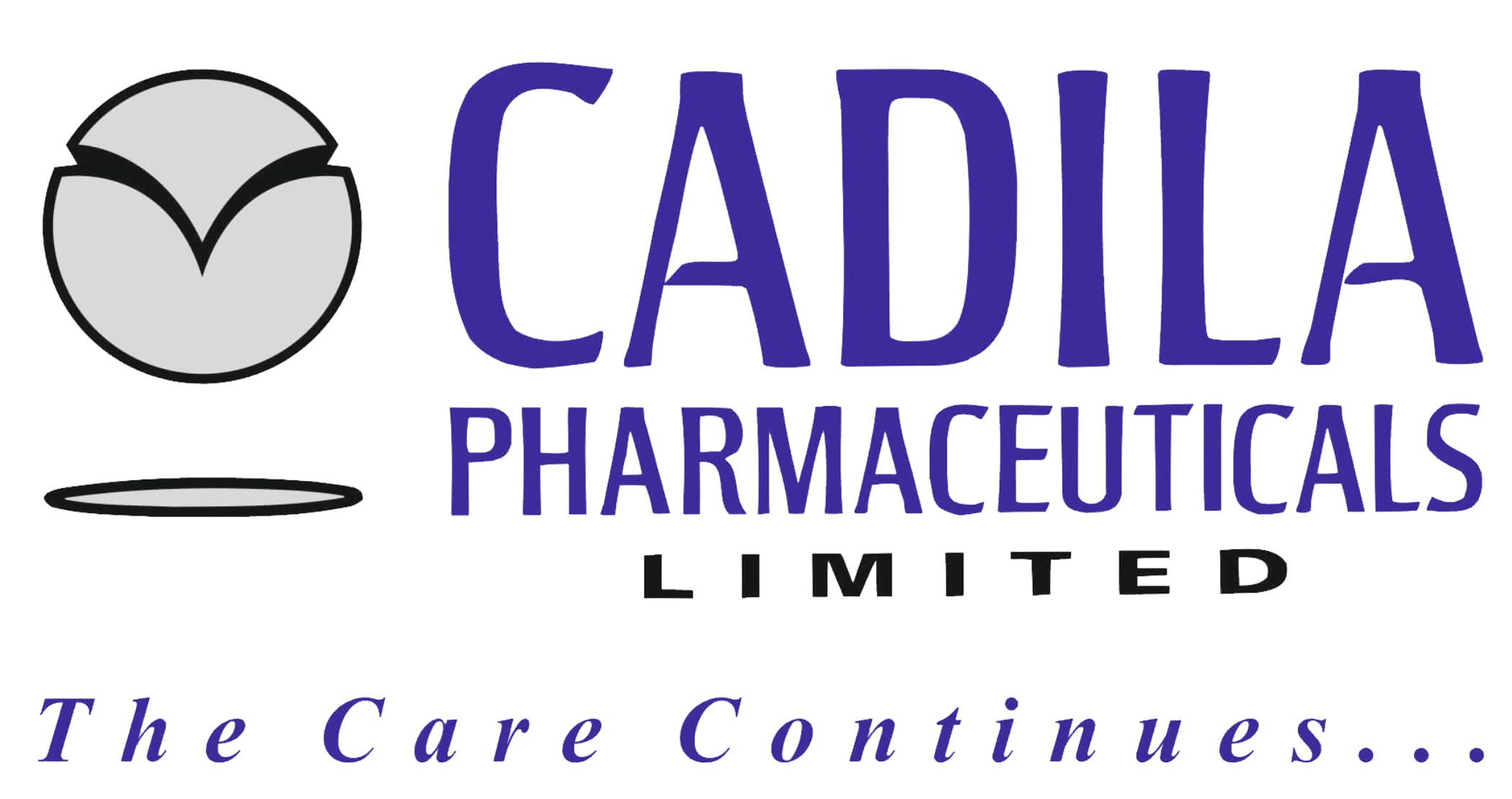- Home
- News Release Reputed International Journal finds Sepsivac effective in boosting innate immunity, building resistance to COVID-19: Study


Reputed International Journal finds Sepsivac effective in boosting innate immunity, building resistance to COVID-19: Study
2nd Jun, 2021 | News
2nd June 2021 Ahmedabad: Body generates immune response against invading pathogen like SARS-COV2 (COVID-19 causing virus) and removes it. Failure of immune response to get rid of pathogen leads to development of pathogen specific disease (COVID-19 for SARS – COV2). Prior exposure to pathogen by way of infection or vaccine augments adaptive immune response which is specific to the pathogen and is called adaptive immune response. It takes time to manifest. Innate immune response is another type of immune response which is induced quickly following its recognition as foreign “NON SELF”. This is achieved by recognizing conserved patterns and does not require prior exposure.
Study evaluated an approved immunomodulator known for boosting innate immune response for providing protection against COVID-19. Sepsivac, a drug used as an immunomodulator in gram negative sepsis, can also help in boosting the innate immune response and there by increase resistance against the development of COVID-19. Sepsivac contains Mycobacterium w, an immunomodulator. The finding is based on the analysis of the data of 3,831 people who were monitored for the development of symptomatic COVID-19 for over four months
The study’s findings have been published in the latest issue of the reputed European Journal of Biomedical and Pharmaceutical Sciences. Innate immunity is the immune function of the human body which protects the body against any new infection. Therefore, in simple meaning we can say it boosts general immune power against any infection.
The data of 3,831 people monitored for the development of symptomatic COVID-19 between June 1 and October 15 were analysed for the study. The study period coincided with the peak of the first wave of pandemic in India.
“Of the total subjects, 2,563 volunteered to take Mycobacterium w (Mw), while 1,268 subjects were not inoculated and formed the control group. A total of 132 (3.45%) subjects tested positive for COVID-19 over the course of the study. Still, the incidence of the infection was 6.47% (82 out of 1,268) in the control group, compared with 1.95% (50 out of 2,563) in the Mw group,” said Dr. Bakulesh Khamar, who co-designed and co-authored the study.
In subjects who caught the infection and became COVID positive during the course of the study, the symptoms were much milder in those who received Sepsivac. None require oxygen supplementation.
As per the authors, the lower incidence of symptomatic COVID-19 diagnoses and hospitalisations in the group receiving Mw inoculations suggests it is possible to increase resistance against the development of COVID-19 by boosting the innate immune response,”
The protective efficacy seen in the Sespivac-treated group of 70.3% for COVID-19 diagnosis meets the World Health Organization’s guidelines for protective efficacy of greater than 50%. The authors also wrote that no systemic side effects were observed, suggesting Sepsivac might be a well-tolerated immunomodulator and amenable to general use. The only side effect was a local injection site reaction in 690 subjects, but this was self-limiting and resolved without any specific treatment.
“This study suggests that modulation of innate immune responses using Sespsivac is a promising strategy to reduce the incidence of symptomatic COVID-19 infection and/or mitigate the development of COVID-19-associated morbidity until a vaccine can be administered,” said Dr. Bakulesh Khamar, executive director, R&D, Cadila Pharma, and one of the authors of the study.
The high protection rate of COVID-19 in the Sepsivac group was in line with earlier study that reported similar protection in healthcare workers in hospitals in New Delhi.
**Findings from EJBPS-INNATE IMMUNEMODULATOR AND RESISTANCE TO COVID-19
** Finding from Innate Immune Response Modulations and Resistance to SARS-COV-2
Array ( )
To give you the best possible experience every time you visit our site, we use cookies to identify and store your preferences on your browser. Continuing to browse our site means that you are "ok" with this. Learn more about our privacy policy.
Okay

